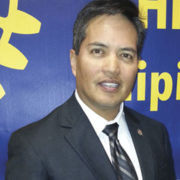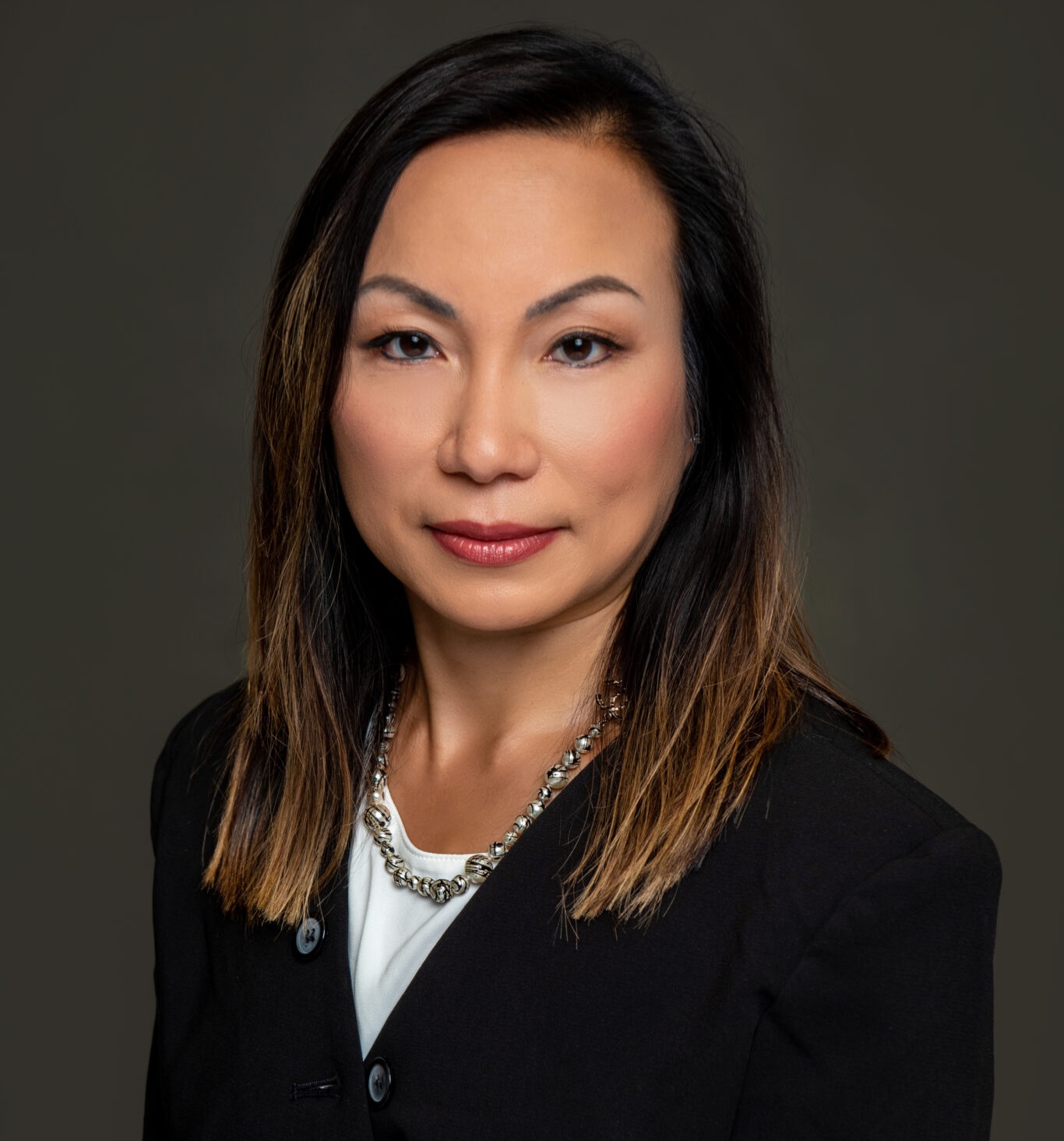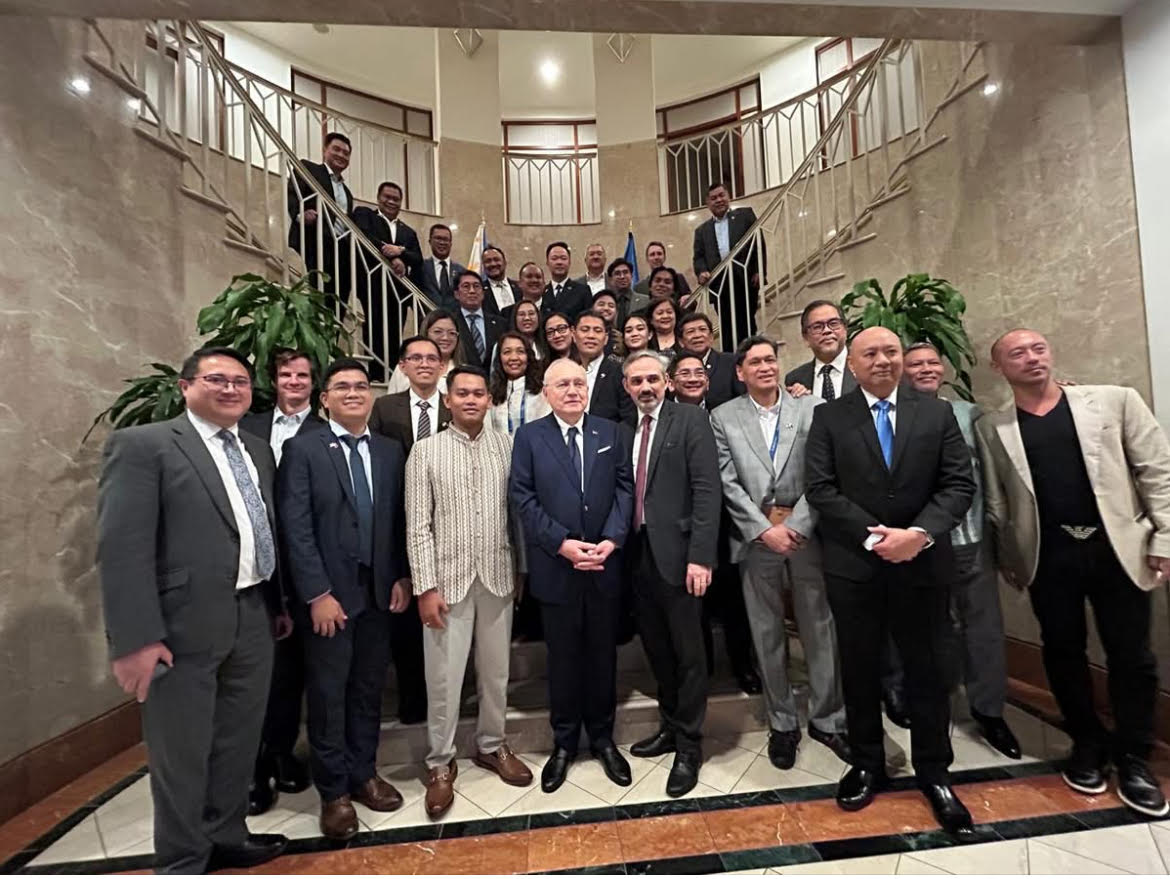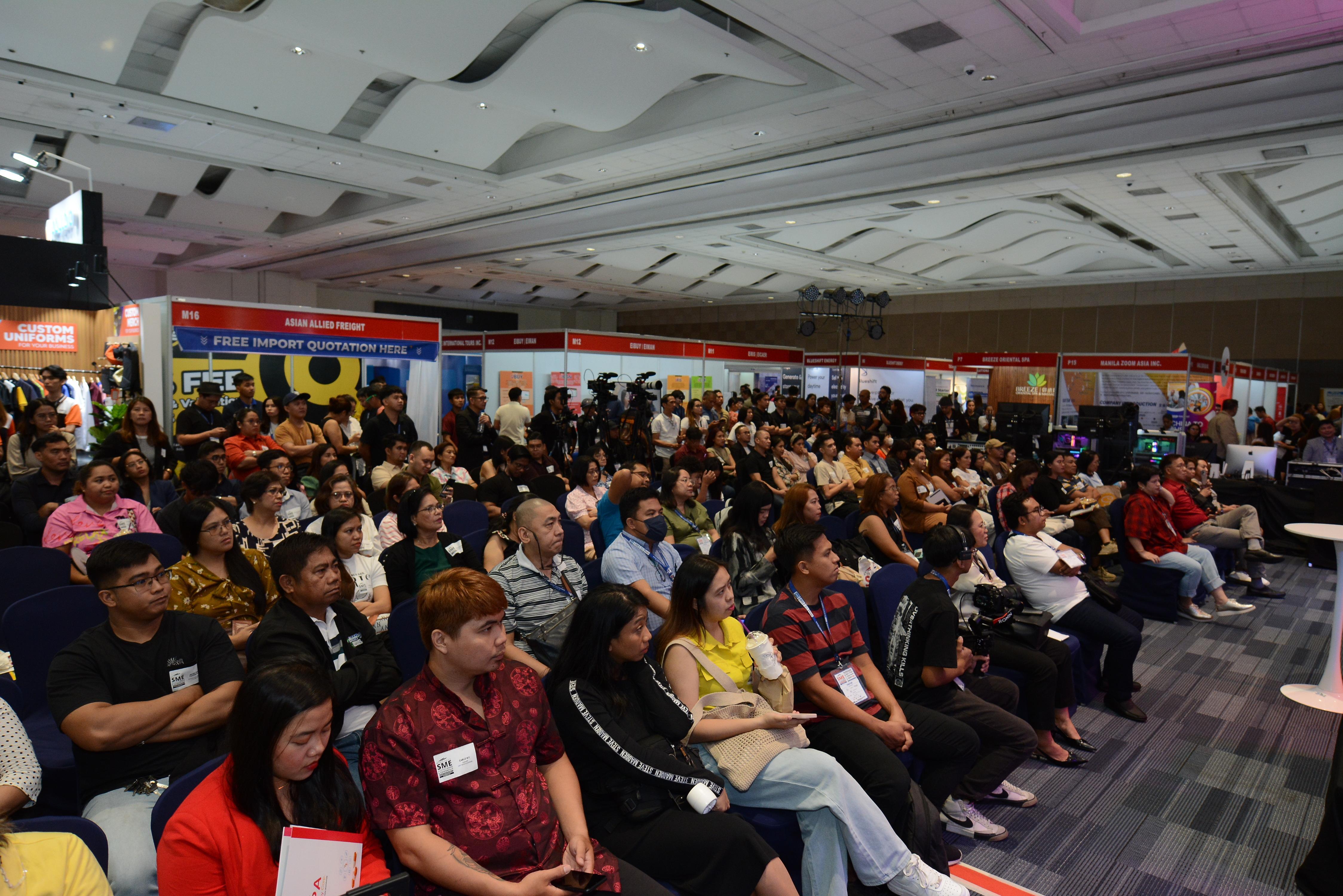FILIPINOS support other Filipinos. However, sometimes, that could be a bad thing.
Just ask Rob Bautista Villeza, who is an Assistant United States Attorney for the Office of the United States Attorney for the Central District of California.
Early in his career, Villeza recalls that being Filipino actually hurt him, in a case he was working on.
During voir dire (better known as jury selection) the judge asked the panel if there is a reason any one of them would not be able to serve as a fair and impartial juror on the case.
One man raised his hand. The older man asked the judge what the ethnic background was of the young prosecutor handling the case.
The judge reprimanded the juror, saying that inside the courtroom justice is color-blind, and it should not matter in this case. The judge then turned to Villeza to have him answer the juror’s question.
I’m a Filipino-American sir, he said.
The juror, who appeared to be an older Filipino man, turned to the judge and quipped: “I don’t believe I could be fair and impartial. Anything the prosecutor says I’m going to believe.”
“I remember pleading to God, saying ‘please keep him on my jury,'” Villeza says jokingly.
Unfortunately, the juror was dismissed for cause.
Back then, Villeza was a rookie with little trial experience, just getting his feet wet hoping for any kind of luck to lean the case his way. Now, he doesn’t need it.
A seasoned prosecutor
After 21 years in the US Attorney’s office, the 50-year-old Villeza said he’s racked up a 237–2–1 record as a prosecutor. He lost two cases early in his career and a judge dismissed one other case.
If he were a baseball pitcher, he’d be a closer in the Hall of Fame.
When federal agents capture the criminal, Villeza is the one who slams the jail bars on them.
Villeza is the Deputy Chief in the Organized Crime and Drug Enforcement Task Force for the US Attorney’s Central District office, which serves the largest jurisdiction in the United States. He specializes in drug trafficking and money laundering cases.
Over the years, he’s prosecuted members of the Colombian cartel, Mexican mafia, Crips, high powered CEOs, wannabe music executives and even a self-proclaimed King.
Villeza views his work just as an extension to stop the war on drugs.
“I’ve never looked at it as a war,” he said. “What we are doing is dealing with a problem, a problem that has lasted for quite a while. My part in trying to deal with that problem is only a small part. It’s just the enforcement part. There are other facets of this problem that needs to be addressed like drug abuse, the flow of money, and demand versus supply.
“Enforcement can’t do everything. It has to be attacked on all sides to address the drug abuse problem. I’m hoping that in some small way I’ve helped improve our situation a little bit more,” he added.
Villeza is doing his part and making the Filipino-American community proud.
Personal life, education and career
Born and raised in Echo Park, he came from a lower middle-class family.
By the time Villeza was six, his father was diagnosed with cancer, which left his mother (who was originally from Manila) to become the breadwinner of the family.
“My mother raised us on a public teacher’s income, which wasn’t a lot,” he said.
Villeza never thought he’d be in the kind of position he is in now. He said his grades in high school were average and actually had served as an apprentice for a mechanic thinking that was his future.
It wasn’t until he enrolled at Pasadena City College that he started succeeding academically.
From there, he went on to receive a criminal justice degree from Cal State LA before moving on to UCLA Law School.
After a stint in the private sector, he joined the US Attorney’s office.
Equal opportunity work environment
Villeza is only one of two Filipino prosecutors in the US Attorney’s Central office, which has a little more than 200 attorneys.
The other Filipino is Christine Bautista, who also serves as an Assistant US Attorney (AUSA) in the Criminal Division of the US Attorney’s Office for the Central District of California. Villeza is Bautista’s supervisor.
For a long time since joining in 1991, Villeza was the only one holding up that mantle making him work a little harder and pushing him to prove he belongs.
“Historically, this is a position that is held by other ethnic backgrounds,” he said. “I felt like that because I am Filipino-American and was different from others.”
Villeza elaborates when he started in the private sector, it was difficult getting promoted.
“The feeling in the private sector was most of the partners were Caucasian and the thinking would always be they are going to give the best assignments to people who look like them and of course, I was the one person who didn’t look like anybody,” he explains.
“So for that reason, I felt like I had to work harder, and had to work longer. I had to work to get the better cases which wasn’t easy especially in the private sector.”
He credits the federal government for promoting an equal opportunity environment.
“I don’t have that same sense,” he said. “Regardless of skin color, if you work hard and perform well then you’re going to get the better cases.”
He’s done extremely well since joining the US Attorney’s office.
Aside from being a prosecutor, he serves as a training instructor for his office, other law enforcement agencies, and the US Department of Justice on wiretap and financial crime investigations and prosecutions.
He also sits on the Executive Board for the Los Angeles High Intensity Drug Trafficking Area, and is currently a board director with the Filipino American Law Enforcement Officers Association (FALEO).
The Philippine American Bar Association awarded Villeza the Bar’s Trailblazer of the Year, recognizing his work and community involvement.
As for what’s next, Villeza applied to become a federal magistrate judge, but was bypassed in the final stage. He said he’d try again in a few years when other judges begin to retire or step down.
That’s too bad for drug criminals.
Since joining the office in 1991, Villeza has a 98.75 percent win percentage.
(www.asianjournal.com)
(LA Weekend February 23-26, 2013 Sec. A pg.10)






